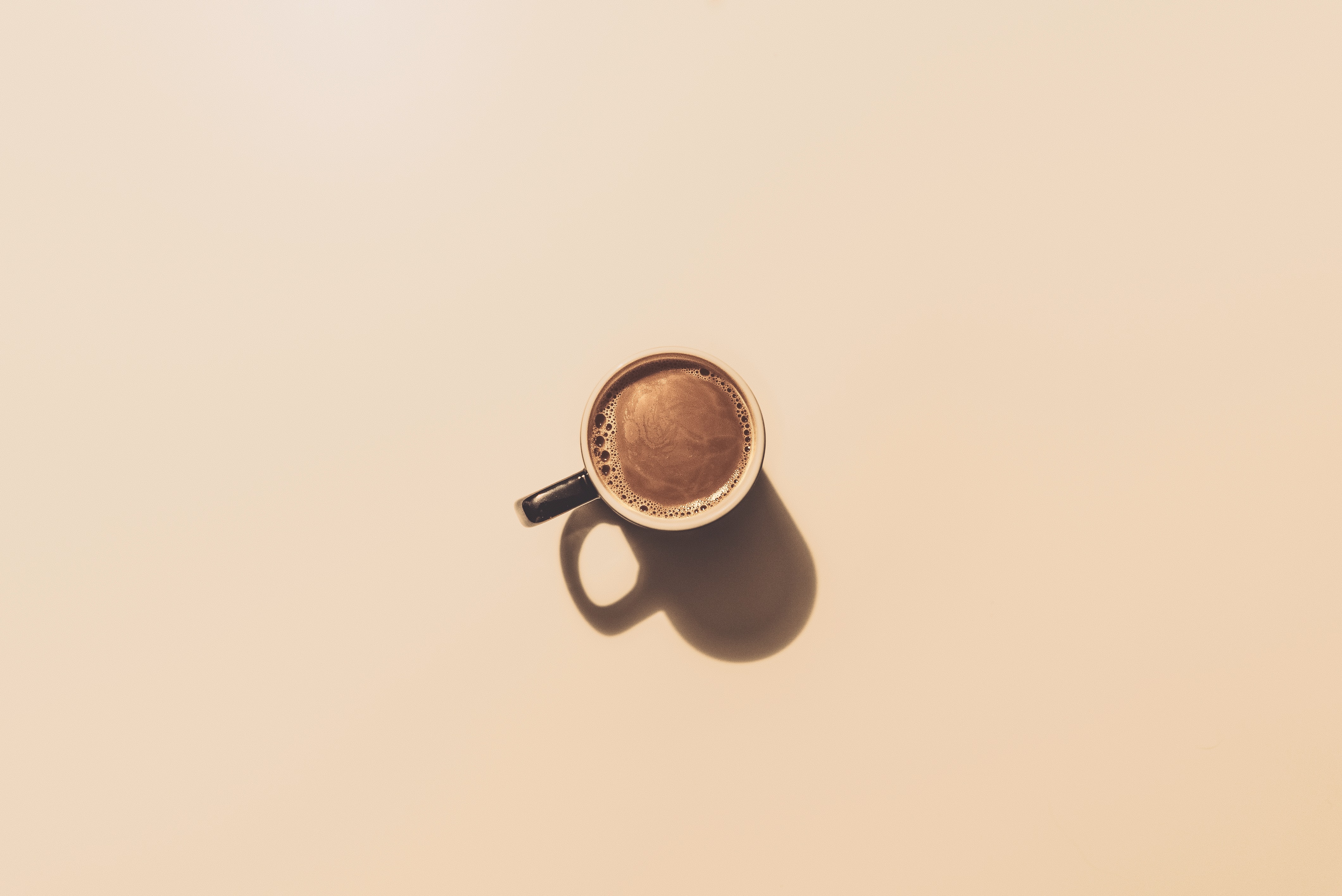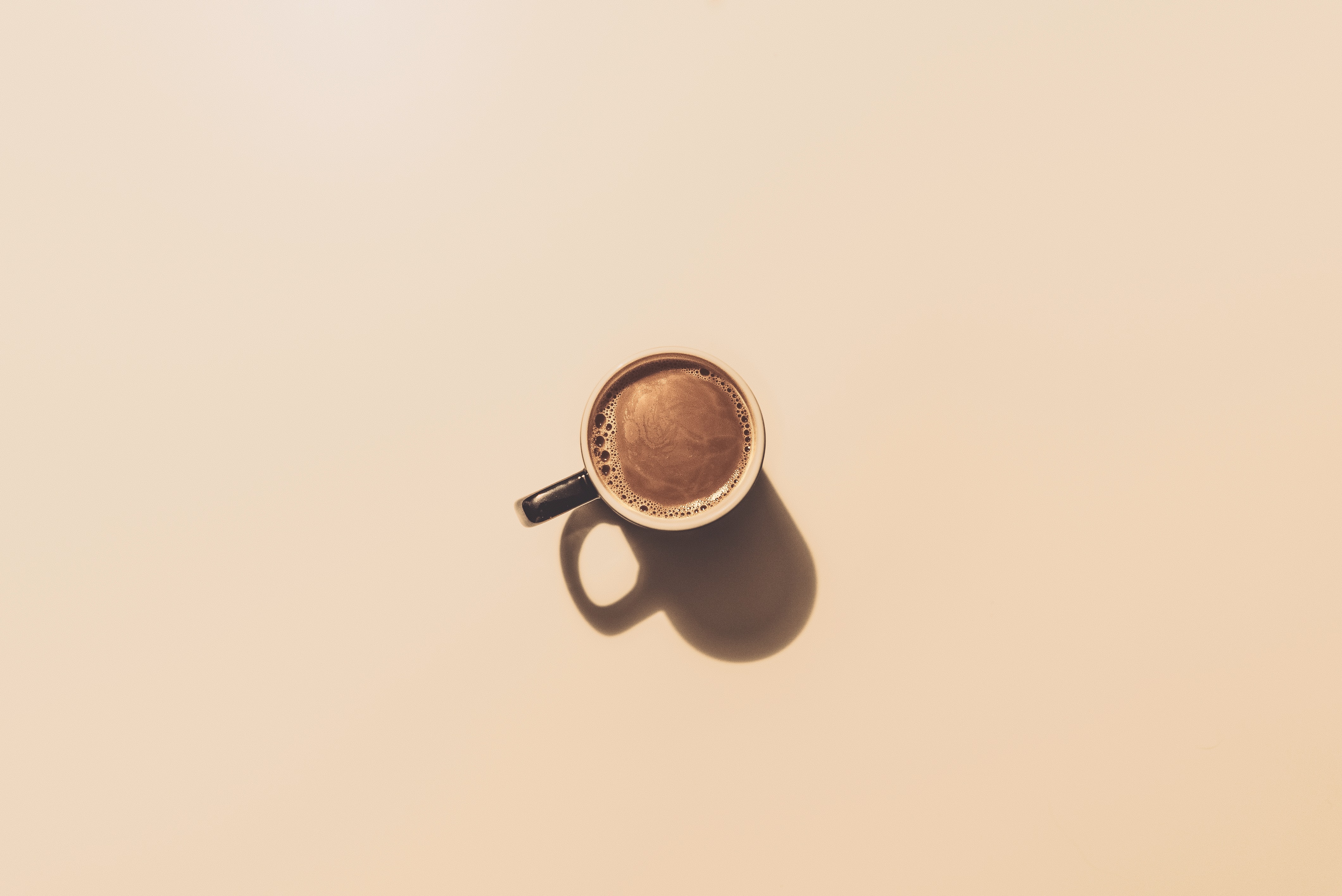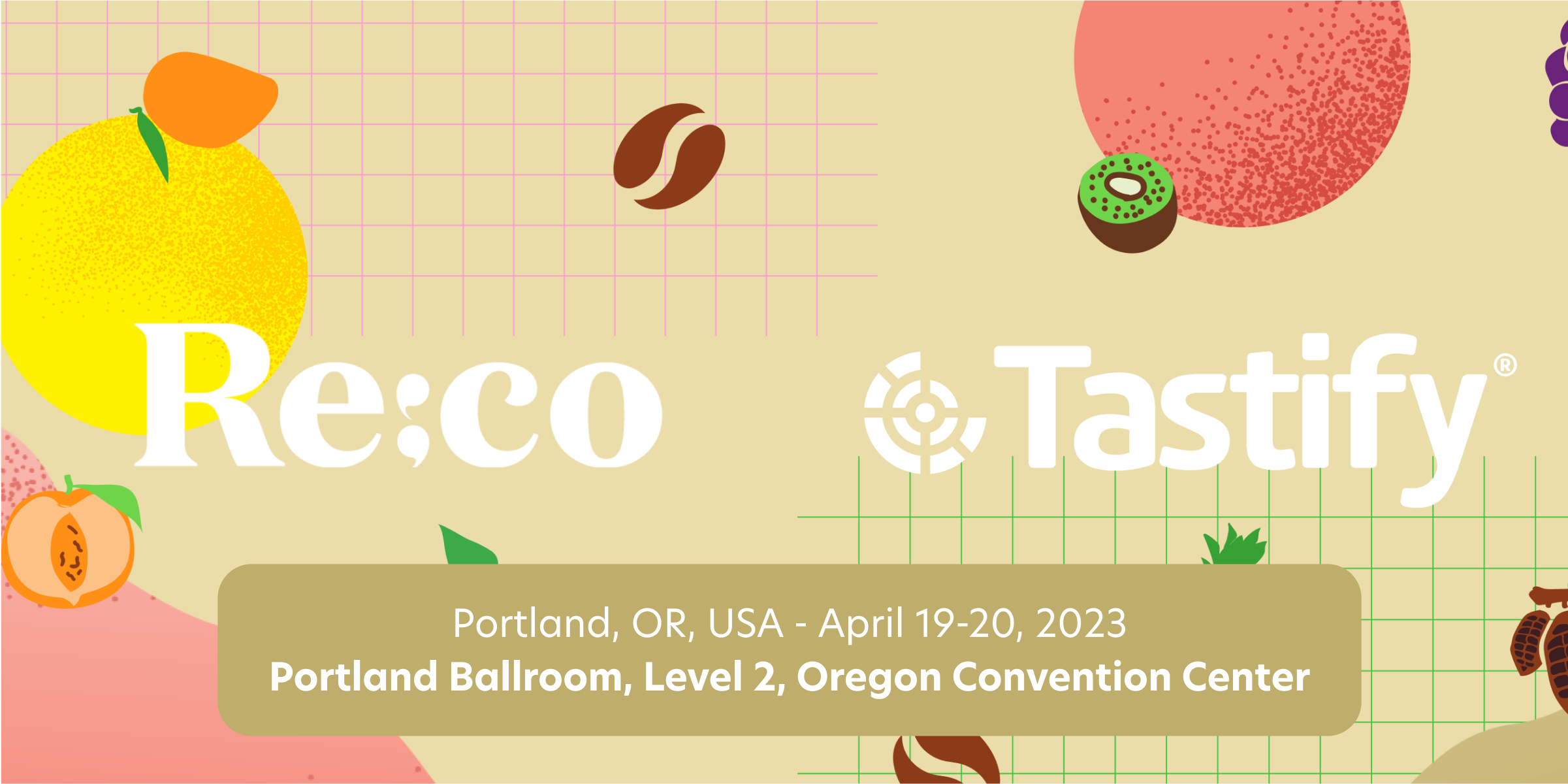Have you ever enjoyed your cup of coffee during the day when you're tired, or have you ever sipped iced coffee when you're lazy to do activities, and suddenly coffee saves your day instantly? Sounds impressive. But how can coffee do such amazing things?
If you're looking for the answer, it's because of the coffee caffeine contained in your cup of coffee. This caffeine compound plays an active role in reducing your fatigue, making you a little fit and excited; it's this caffeine that makes the body active when you are lazy to do activities.
Scientifically, here are some of the effects of caffeine on a person's body's neurotransmitters. There are two classifications here!
1. Caffeine affects the production of various nervous systems so that the condition of the soul, physical energy, and performance increases.
2. Caffeine regulates the balance of various nervous systems with specific mechanisms to improve emotions, relieve pain, suppress appetite, and even protect the brain from damage and disease.
The effects of caffeine on a person also vary depending on endurance and body weight. However, regardless of the differences in how each person reacts to coffee caffeine, the benefits of coffee are evident for the body, including;
Effects on Cognitive:
Sharpen logic, memory, verbal fluency, concentration, and decision-making, and increase beauty perception.
Effect on Affective:
polishes emotions, promotes calmness, relieves boredom, and inflates self-confidence
Effects on Physical:
increases speed, endurance, energy produced, strength, reaction time, and the process of thermogenesis, i.e., fat burning and metabolic rate
Therapeutic Effects:
Protects body cells, especially brain cells, from long-term damage and provides other beneficial therapeutic effects, including pain relief and protection of the lungs from complications from smoking and injury from stroke

Photo by Jakub Dziubak on Unsplash
Further about caffeine, many think that coffee is an addiction, but it's not as harmful as one might imagine. Apart from the benefits of coffee, this unique taste character makes people interested in enjoying coffee again and again.
This ability of caffeine to do amazing things is because caffeine can quickly enter and penetrate the central nervous system. Therefore, caffeine can be said to have a swift reaction in the body. Caffeine will affect neurotransmitters, which are body compounds that regulate the interaction of nerve cells—overview of the influence of caffeine for several things.
Caffeine Inhibits Body Fatigue
Coffee caffeine that has entered the body's tissues has the effect of inhibiting adenosine activity through neurotransmitters. Adenosine is a function that makes the body feel tired or sleepy. Don't be surprised if your body feels refreshed from sleepiness or fatigue when you finish enjoying coffee.
Caffeine Improves Mood
After entering the body's tissues, caffeine affects the body's adenosine and dopamine. Caffeine increases dopamine transmission, which protects brain cells from aging and gradually alters mood.
Caffeine Improves Memory
Memory can also increase because of coffee caffeine; then, when caffeine enters the body's tissues, caffeine also affects the activity of acetylcholine. The caffeine's content through neurotransmitters increases acetylcholine's movement, which can improve long-term memory.
Caffeine Relieves Migraines
One more thing, caffeine increases the body's serotonin levels. Where these levels directly make caffeine able to reduce depression, be more relaxed and excited, increase alertness and also relieve migraines.
Even though caffeine does many amazing things, it's better to know how far our bodies can consume caffeine for the body because everyone has a different body metabolism, which also causes other people to absorb caffeine differently.
Then, How to Eliminate the Effects of Caffeine at Night?

Photo by Erik Witsoe on Unsplash
For most people, consuming too much coffee can be troublesome at night because it makes sleeping difficult. Let's get on the tips!
Drink water
Drinking water is one of the most effective ways to counteract the effects of caffeine. Water can clear the body's system of toxins and caffeine, so this liquid is quite effective as an antidote. Usually, drinks containing caffeine dehydrate the body, which accelerates the 'work' of the caffeine itself. Drinking water, at least two glasses, can reduce the effects of dehydration caused and rehydrate the body.
Eat bananas
Besides drinking water, other foods that are also good to consume if you want to eliminate the effects of caffeine are bananas. This fruit can calm a churning stomach and help fight unwanted caffeine effects. As is known, caffeine can dehydrate the body and disrupt the body's electrolyte balance. Bananas, which contain calcium and potassium, can help regulate blood sugar and make them an ideal light snack after drinking coffee or other drinks that contain caffeine.
Eat healthy snacks
If you don't like bananas, healthy snacks can also help relieve nausea and the effects of caffeine. Try eating almond butter toast, other fruits, vegetables, and lean protein intake. Healthy snacks like these can soothe an upset stomach, nourish the body with good fats, and help melt away caffeine.
Take vitamin C
While bananas and other snacks may not work to offset the effects of caffeine, fruits rich in vitamin C are the best choice. Many experts say that high levels of caffeine in the body can affect the concentration of vitamin C, causing the body to signal to the brain that our body lacks vitamins. By getting vitamin C into the blood, the body's system can relieve the unwanted effects of caffeine. Try consuming fruits such as kiwi, oranges, strawberries, or grapefruit.
Snack on some snacks that contain magnesium
The body will generally be fine if we drink lots of water and take magnesium supplements. Magnesium can also help reduce caffeine's effects on the body and is probably the easiest thing to do. At the same time, magnesium can also relieve headaches that some people may get who are not used to the level of caffeine in their blood. Foods that contain a lot of magnesium include avocado, milk, and pumpkin.
In the end, knowing your limits on consuming caffeine is a must, but remember to enjoy the goodness of coffee! Have you had your coffee today?




.png)





Comments